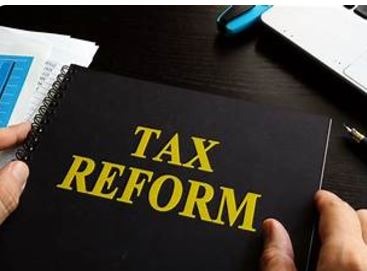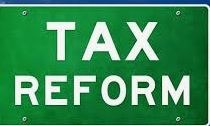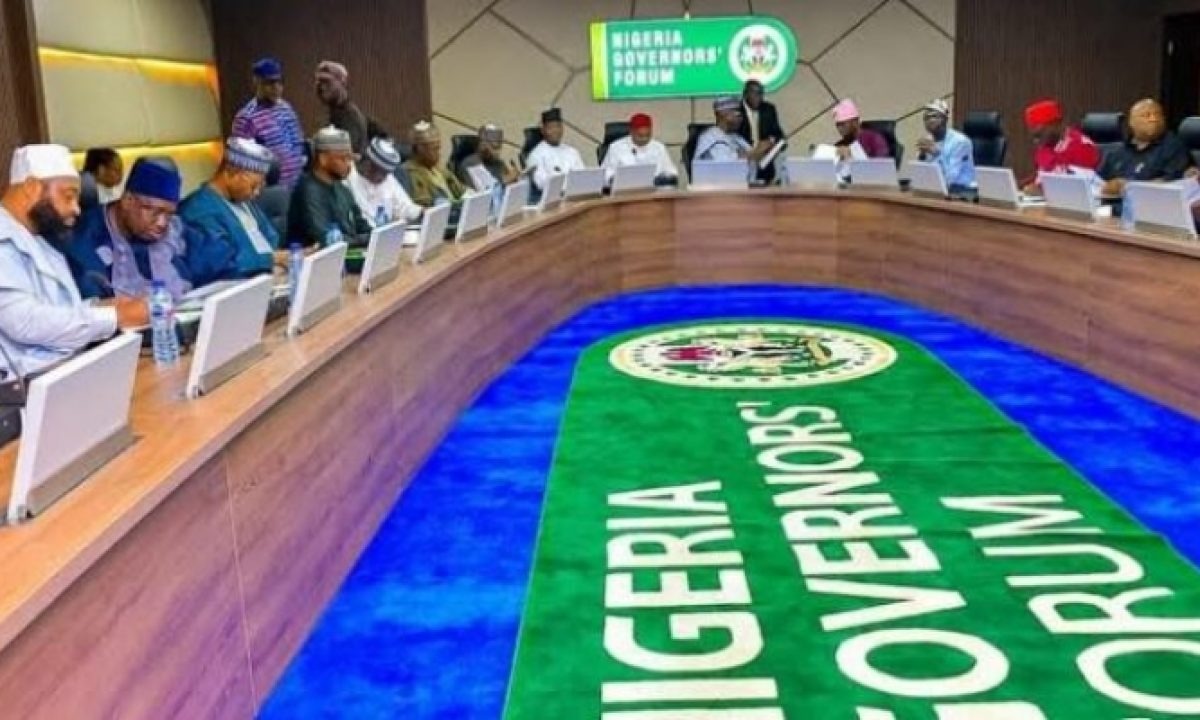On March 18, 2025, the House of Representatives finally passed the highly contentious tax reform bills sponsored by President Bola Tinubu to upgrade our tax laws. All was set for the Senate to do the same, but for the distractions occasioned by the declaration of state of emergency in Rivers State and the “sexual harassment” …



